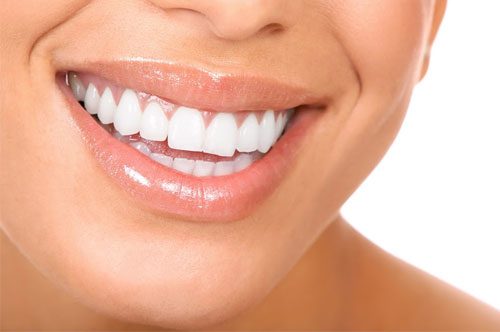Stress seems to be inescapable these days. Between jobs, family, and always being online, modern life is full of stress. Everyone deals with it in their own way, but one side effect that can have a serious impact on your dental health is bruxism. And this disorder brings along a lot of hidden dangers with it.
What Is Bruxism?
Bruxism is the name for when you unconsciously clench your jaw and grind your teeth. Your teeth are supposed to come together smoothly to chew your food. That’s about the only time when your upper and lower teeth should come into contact. Of course, you could grind or clench when you’re really stressed out or anxious on occasion. It only counts as bruxism when you are doing so on a regular basis, especially without realizing it.
Doctors haven’t agreed on what causes bruxism exactly, but there are many things linked to bruxism and that are probably causes. These include stress, depression, side effects from medicine or drug use, malocclusion (or bite issues), arthritis, Type A personality, and sleep problems such as sleep apnea.
The Hidden Dangers
One of the biggest problems with bruxism is how it happens without you knowing it. If you realized you were clenching your jaw and grinding your teeth, you’d probably stop it. But because this happens unconsciously, many people have bruxism without realizing it. And that means there are a number of dangers hidden from us.
You can damage the enamel: Probably the biggest hidden danger is the damage you can do to the enamel on your teeth. Enamel is tough, and since your teeth are supposed to meet when chewing, you normally don’t have to worry about this normal wear-and-tear. However, enamel was not designed to withstand the kind of repetitive grinding caused by bruxism. Such grinding can put up to 250 pounds of pressure per square inch on the enamel. That means you will wear parts of your teeth thin, leading to a host of other problems.
You’ll have sensitivity to heat and/or cold: In fact, one of those problems is sensitivity to temperature. When your enamel has the correct thickness, it takes a while for any heat or cold to reach the nerves inside the tooth. You can drink hot coffee and eat ice cream without feeling it in your teeth. But when the enamel is ground away in spots, such temperatures can more readily hit the nerves. You could be eating a popsicle and suddenly feel pain in your teeth, or you might have to go without your morning cup of coffee.
It happens while you sleep: The clenching and grinding brought by bruxism can happen at any time, but it tends to happen a lot during the night when you are asleep. Even if you could stay vigilant and stop doing the clenching and grinding when you notice it, you can’t do that when you’re sleeping. Some people don’t have any symptoms at all during the day, meaning you could have bruxism without knowing it.
It can lead to TMD: Your jaw joint (called the temporomandibular joint or TMJ) can withstand a lot of use, but it can get sore from overuse. When you are clenching your jaw with bruxism, you put a lot more pressure on the TMJ than normal. This can lead to a disorder called TMD, where your jaw joint is so sore that it causes pain and can even get stuck open or closed.
It can inflame your gums: Your teeth are solidly held by the roots in the jawbone, but they are also surrounded by gum tissue. When you grind your teeth, you are rocking your teeth back and forth. This puts added pressure on your gums, which can get inflamed. And when your gums are hurt like this, you are more likely to get gingivitis.
You can hurt other dental work: By now, chances are you have had some dental work done. You might have needed a dental implant to replace a missing tooth, fillings to repair cavities, or dental crowns to seal up and protect a damaged tooth. All dental work is supposed to withstand the normal pressures that come with using your mouth, but bruxism is not normal. All of that clenching and grinding can damage dental work. Dental implants can damage your jawbone, fillings can break, and dental crowns can crack or even come off.
Bruxism can lead to serious problems, but you could easily have bruxism without realizing it. If you think you might be suffering from teeth grinding and jaw clenching, call us today at 248-329-3552 and schedule an appointment with Dr. LoCascio.
Visit Highland Advanced Dental Care
We can see you as soon as tomorrow!





